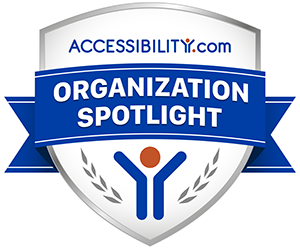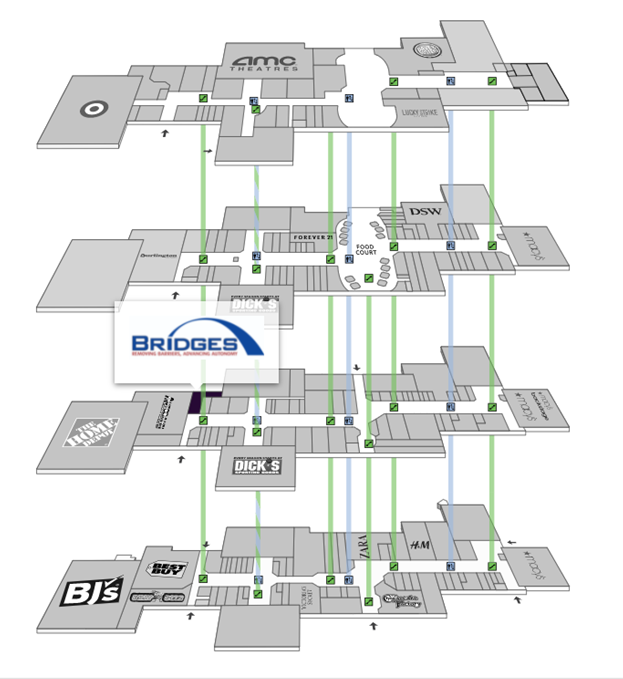
Image credit: Pexels Source: https://www.pexels.com/photo/coworkers-looking-at-a-laptop-in-an-office-8127690/
The one thing that can make it difficult to live your day-to-day life are physical impairments. That’s the reality experienced by the 12.1% of Americans who have limited mobility and therefore need to resort to other solutions just to be able to live independently. However, trying to maintain that independence without much success may negatively impact their health, safety, and self-esteem in the process.
That’s why it’s vital for those with reduced mobility to get the support they need. And that doesn’t necessarily mean they require outside help—sometimes, they just need the right tools to accomplish what they need to do on their own. These can give them a sense of independence that can significantly uplift and empower their quality of life. Fortunately, this is now easily possible with the help of technology.
If you’re curious as to how this is possible, here are a few ways technology assists those with limited mobility:
Empowerment through daily tasks
Independence starts with a daily routine. However, many day-to-day actions take extra steps for those with limited mobility. Eating with a hand tremor, for example, can be especially difficult. Fortunately, some of the best adaptive eating utensils on the market were specifically developed with features that accommodate the needs of those with limited mobility. The Liftware Steady is a great example. It electronically cancels out tremors so it shakes 70% less in a user’s hand than a normal utensil would, allowing those with minimal muscle control to feed themselves without help.
Being able to do chores freely is also another way disabled people won’t feel as limited. Caring for their space alone can significantly boost their self-esteem, and this can be accomplished with the best robot vacuums available today. Advanced models like the iRobot Roomba S9+ can effectively clean a house through mapping technology, allowing it to quickly move from room to room. It also has a self-emptying feature that automatically disposes of dirt without any manual interference. Through these devices, disabled people can independently go through their daily tasks with ease.
Increased convenience
In some cases, reduced mobility entails missing out on certain in-person experiences due to a lack of proper accommodations or transportation. Fortunately, technology has helped bring people closer through various online social platforms. Those with reduced mobility can now easily participate in accessible virtual events using quality technology. Whether it’s for a social gathering or a professional seminar that could help them upskill, communication platforms like Zoom allow them to be involved in the conversation even if they can’t physically attend in person.
What’s more, people with limited mobility can now accomplish seemingly simple tasks like communicating with others or accessing the Internet using devices that can be operated without any physical input. They can simply voice out a command or use the speech-to-text feature to send a message. What makes it all better is that these software programs are widely available on almost every mobile device through the likes of Siri, Alexa, and Google Assistant, so there’s no need to pay extra to unlock their benefits.
Accessible medical support
Nowadays, everyone has the ability to monitor their own health and vital statistics with the help of health-tracking apps or smartwatches. For medical purposes, one can also avail of more sophisticated devices to keep detailed track of factors like blood pressure, sugar, and oxygen levels. These can be especially helpful for those whose mobility is limited due to underlying chronic conditions like hypertension.
Lastly, having access to external support is one of the most significant ways technology helps those with reduced mobility. Mobile medical alert systems from companies like Handsfree Health and Lively come in the form of smartwatches and phones and can detect accidents when they happen. That way, users can live independently while still having the security of their devices alerting medical professionals should the need arise.
People with limited mobility can be independent and in control of their everyday lives, regardless of any limitations that they may encounter. Through technology, they, too, can feel empowered.
Article contributed by Reena Joneson
Exclusively for BRIDGES




